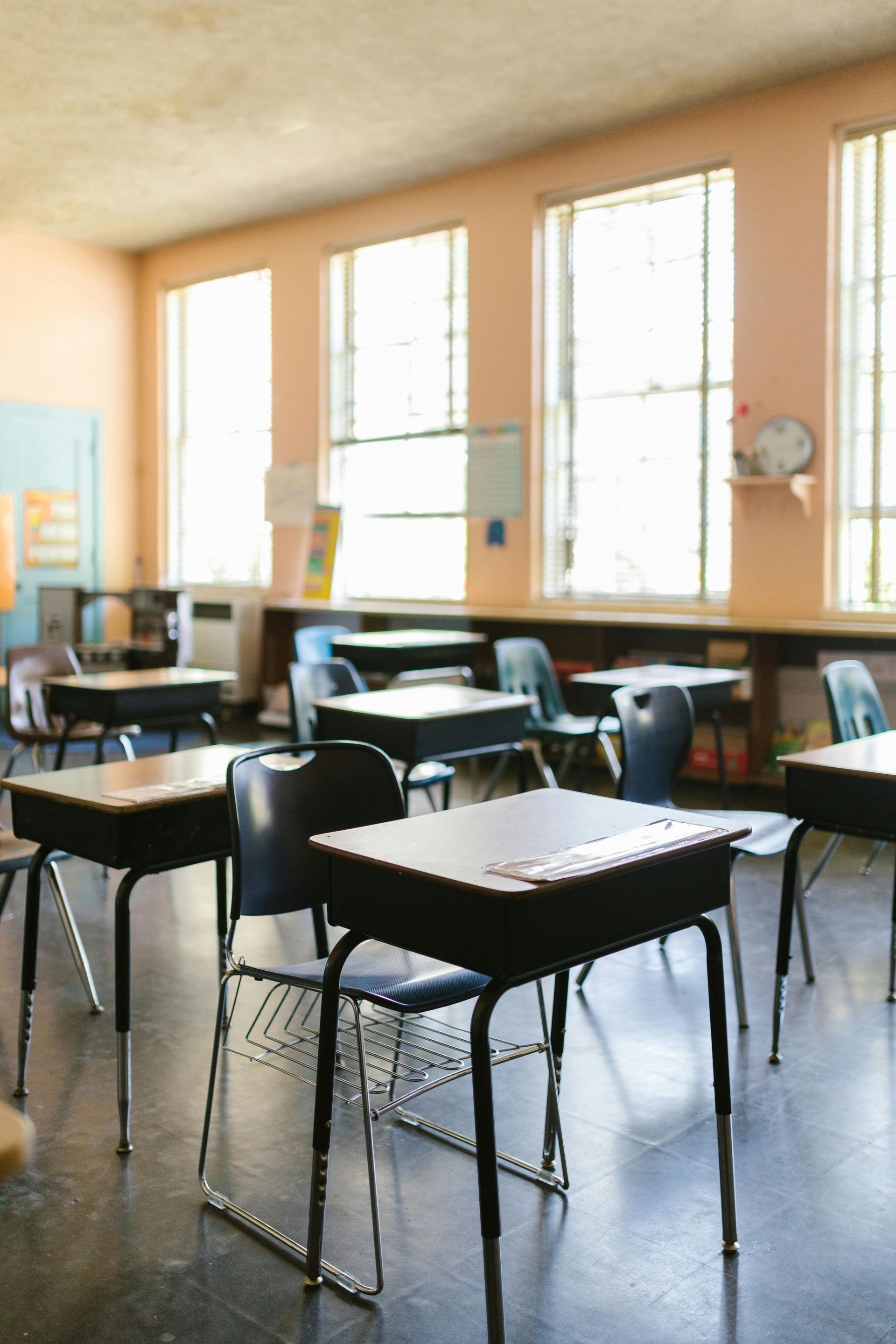How to Tackle Summer Reading
Even for kids who love to read, there’s just something about books that are required that have less appeal. However, almost all schools require summer reading (including here at KCS starting in 2nd grade). Usually these books will be centered around a project or assignment once your child returns to school. Aside from preparing your child for one of their first projects or tests of the year, the goal for summer reading is to keep your kids from backsliding too much and losing their reading growth. It also helps them keep those reading fluency and comprehension skills honed. Here are a few ways to help tackle that summer reading to make it as painless and fun as possible!

Start Early
You may think, “We have all summer to get to those books; let’s work on them later and enjoy our break!” Wrong! Summer always zooms by quicker than you expect, and the next thing you know it’s August and you’re buying school supplies for next year and rushing to get your kids to read those books. Instead of adding one more stressor to your plate as you prepare for the new year, start early - you can even just read a chapter a night! Do it for future you.
Pro Tip: After each chapter, have your child write a one-sentence summary of what happened in that chapter for review at the end of the summer.
Schedule a Reading Time
This doesn’t have to be complicated, but consistency is key. Pick a time that your kids can read each day, like when they wake up before they can watch TV, after lunch, or right before bed. Having it at the same time each day eliminates some of the battle, since the expectations are set. Also make sure everyone knows how much they need to read each day. It can be a set time, like 30 minutes, or a set goal, like one chapter a day.
Pro Tip: Have your child summarize to you what they read each day; this lets you know they actually read, and also helps them solidify their understanding of what they read.
Read Together as a Family
If your kids are younger, they may be harder to motivate. One way to make reading those summer books fun is to do it as a family! You can take turns reading it aloud to each other or listen to the audiobook together on car trips. By doing it together, it makes the reading less daunting and more enjoyable! You’re able to talk about what’s happening, ask questions to make sure your child is understanding, and even involve younger kids in the experience. Not only are you getting it done, you’re making memories in the process.
Review Before School Starts
There’s nothing more disheartening than your kids reading their books early (yay!) and then forgetting everything they’ve read by the time school starts (boo!). While your kids are reading, have them write one-sentence summaries of each chapter so they can read over them as review before the first day. They could also annotate their book as they read, highlighting important plot points to review later. For books for older kids, like classics and Shakespeare’s works, there are summary websites online (like shmoop.com or cliffnotes.com) that you can use to help them review.
Keep it simple, and make it fun! You’ve got this!











